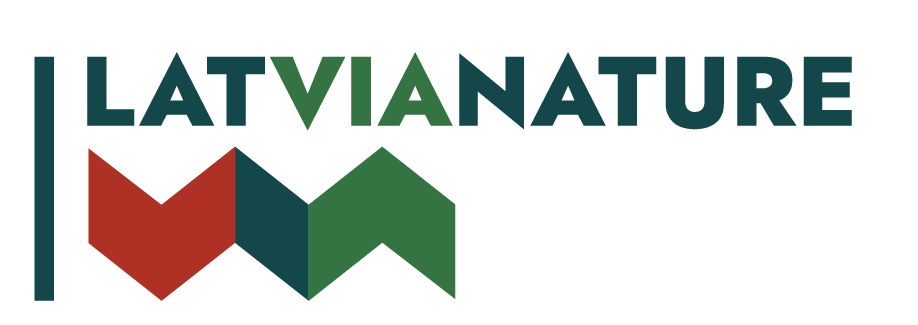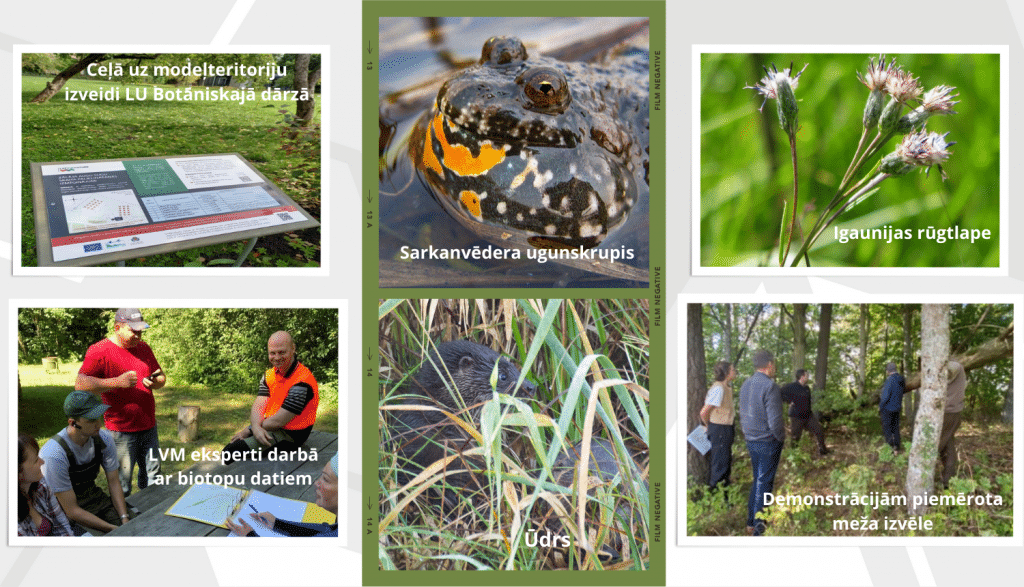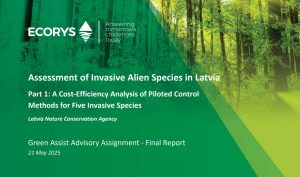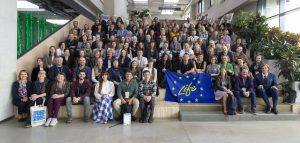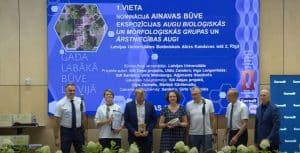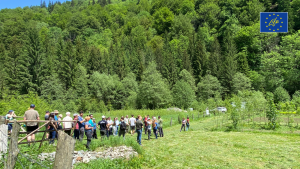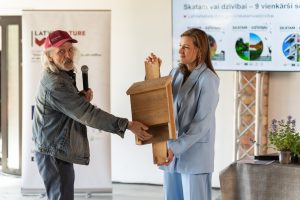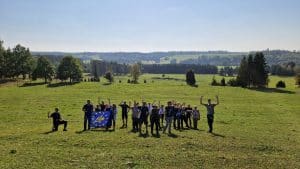Topics included areas such as species and habitat conservation objectives of EU importance, invasive species management, surveys of the general public and specific target groups, site selection for the demonstration of various forest management methods, and demonstration of biodiversity in the Botanical Garden of the University of Latvia. Additionally, other topical issues important for the implementation of the project and the course of further planned work were also discussed.
LIFE-IP LatViaNature partners have already reached the implementation stage of 28 project actions, with the Nature Conservation Agency being the leading partner in 17 actions. By the end of the project, 51 actions will be implemented. In order to evaluate the implementation of actions in the project, the expected result is broken down into steps, referred to as milestones and reference points – deliverables in the project. Assessing the work completed, so far 20 milestones out of the planned 205, and five deliverables out of the planned 95, have been achieved through the implementation of various actions. All milestone and deliverables must be achieved by 2028.
In order to facilitate the setting of the habitat conservation objectives of EU significance, a team of experts has began to work on topical habitat data issues. The cooperating partners are habitat experts of the Nature Conservation Agency (NCA), University of Latvia (UL), The Latvia University of Life Sciences and Technologies, and JSC “Latvija’s State Forests”. In setting up the objectives of protected species of EU importance in Natura 2000 territories, the cooperating expert team of the NCA, Daugavpils University and the University of Latvia are working with species such as otter Lutra lutra, Saxifraga hirculus, Saussurea alpina ospina ssp.sthonica, Euphydryas maturna and Bombina bombina. Data analysis of species and habitat will form the backbone for future actions.
The meeting was attended by project partners from the Nature Conservation Agency, the Ministry of Environmental Protection and Regional Development, the University of Latvia, Daugavpils University, The Latvia University of Life Sciences and Technologies, Vidzeme University of Applied Sciences, Latvian Rural Advisory and Training Center, JSC “Latvia’s State Forests” and Pasaules Dabas Fonds.
